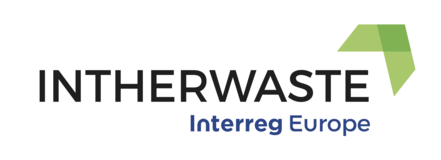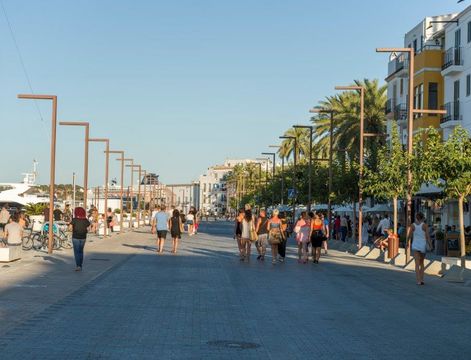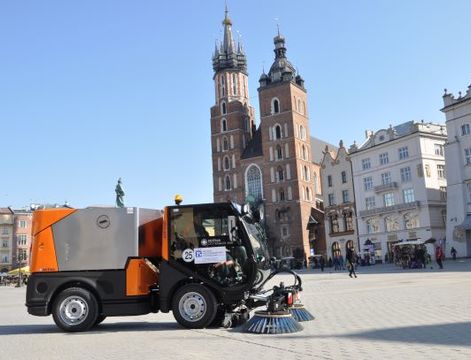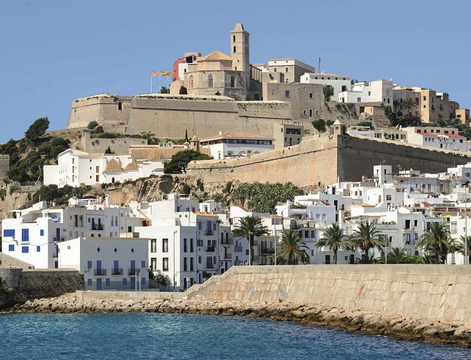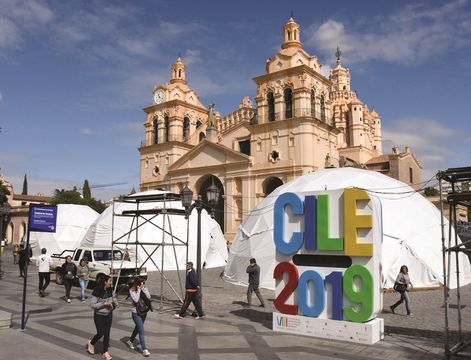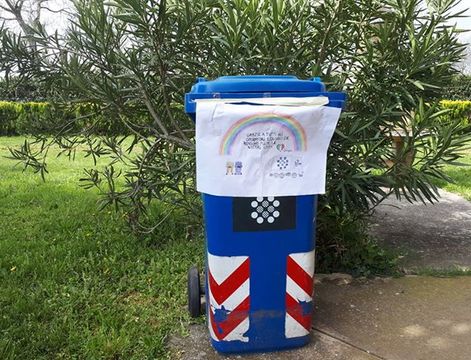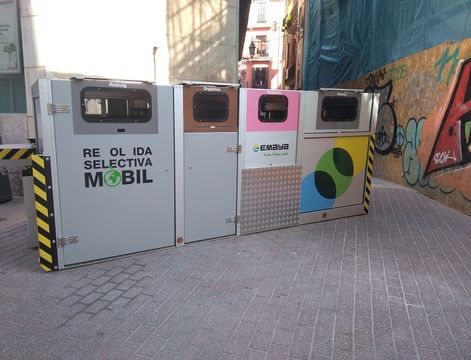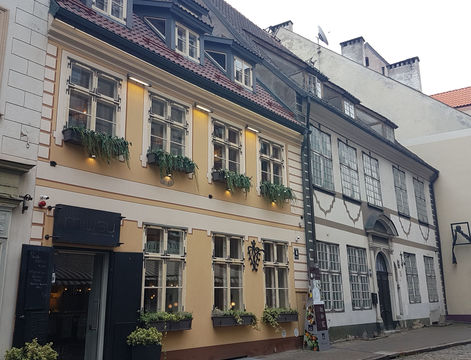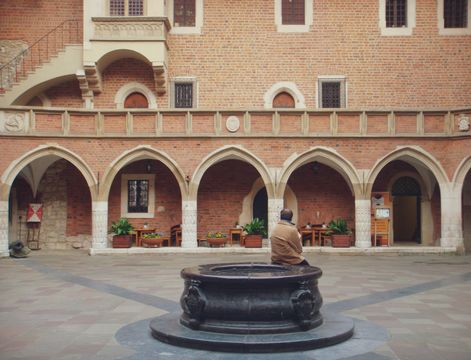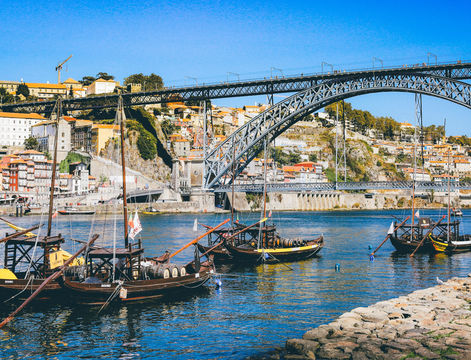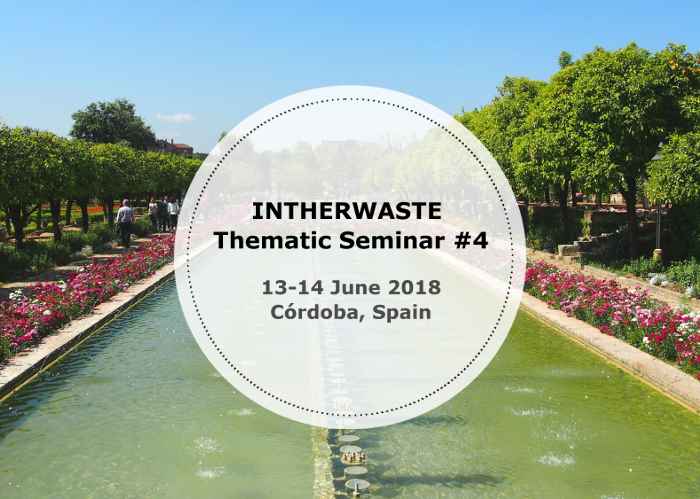Instead of taking place in Cordoba, organised by the project’s coordinator SADECO, the final conference of the Interreg Europe INTHERWASTE project took place online on 4 February, attended by project partners but also their local stakeholders, external experts and actors in the field of circular economy as well as representatives of the European institutions.
David Dorado Raez, Municipality of Cordoba’s delegate for Infrastructure, Sustainability and Environment of the Municipality of Cordoba and President of SADECO opened the conference, followed by keynote speeches by the Interreg Europe Programme Director Erwin Siweris, David Fernández on behalf of the Government of Andalucía and Rafael Pérez de la Concha of the World Heritage Cities Organization.
The most notable outcome orf the World Heritage Cities Organization's participation was the fact that they would act as replicators as they would transfer INTHERWASTE's findings to other Heritages Cities all over the world. They would use the recording of the event in order to showcase INTHERWASTE's pilot cities' new infrastructure, equipment, protocols and regulation they developed within the proejct's framework. Furthermore, he confirmed that he was going to launch the creation of a Commission for Waste Management in Heritage Cities after seeing the relevance of such issue challenged by INTHERWASTE project. This was a crucial achievement as it would drive forward the multiplication of project results.
While the first panel featured the project’s five pilot cities – Cordoba, Tallinn, Krakow, Ibiza and Porto – and their journey throughout the project’s activities from thematic seminars, study visits, adoption of new waste management practices and finally modification of their local waste management strategies, the second panel brought in a set of external examples of good practices already well established in their local environments. The key conclusions drawn from these stories were that initiatives are already existing, easily replicable elsewhere once adapted to the local circumstances. These initiatives, based on their performance data, can indeed show the way forward to more circular businesses and environmental performance of cities – either through reuse and repair, waste prevention or special focus given to various waste streams. ACR+ highlighted the benefits and advantages of inclusive decision making processes gathering all relevant stakeholders in order to achieve long-term solutions based on available skills and expertise and align them with the local reality and needs.
Overall, the final conference and the entire project showed the importance of revisiting and modifying waste management strategies and operational practices linked to tourism, sports, culture, ways business is done in order to facilitate circular economy loops having tangible interconnections with daily life.
The recording and presentations will be available soon on the project’s website
